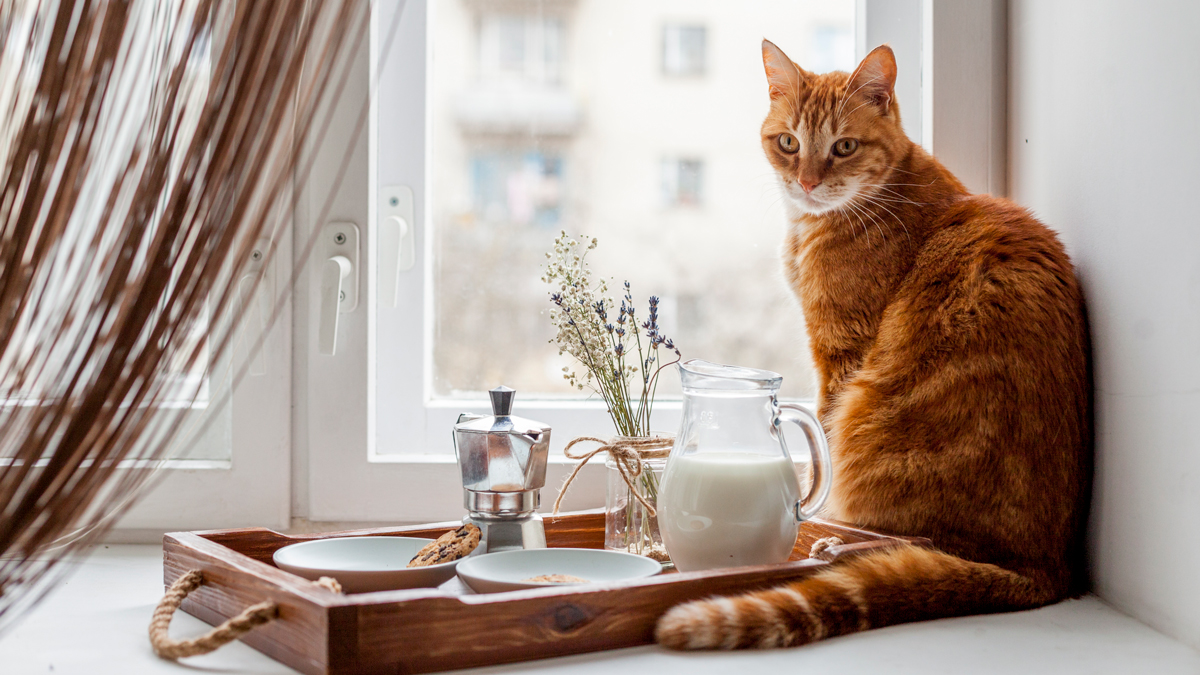
When your cat transitions from a kitten to an adult, which is usually when he turns one, his food habits will also change. Adult cats need the right amount of nutrition to lead a healthy and happy adult life. Your cat will need a balanced diet with a proper number of vitamins, minerals, carbohydrates, protein, oil, and fat.
If you can provide this for your cat through their food, it eliminates the need of including diet and nutritional supplements to your cat. Here are some foods that your cat will need to live a healthy adult life.
1. Lean Meat

Many people consider certain types of meats to be dangerous for cats. In essence, lean meat types like chicken, beef, and pork fulfill your feline’s protein needs. These meats are also loaded with Vitamin B and iron, which improve your cat’s metabolic rate.
Simply cook one of these meats and serve it with other healthy ingredients. Make sure that the meat is not cooked in any sauce or spice. At the same time, control the portion sizes.
2. Fish

Needless to say, every cat loves fish. Since it is a healthy addition to your cat’s meal, you can add small portions of fish to your cat’s daily meals. Fish types like salmon, anchovies, and sardines that are loaded with omega-3 fatty acids and lean protein are ideal choices.
Pay attention to the portion size as overfeeding fish can cause health issues in your cat or result in weight gain. Offer small pieces of chunks of fish as treats.
3. Cheese

Cheese is also another interesting addition to your kitty’s meal plan. However, it must be fed in small portions. Cheese fulfills your cat’s protein needs and gives your cat a much-needed change in his diet. Most cats are, however, sensitive to dairy, so controlling the portion size of cheese is of utmost importance.
Do not feed milk to your cat when you offer cheese treats to ward off dairy sensitivity. When feeding hard cheese, make sure that you break it into pieces to make it easier to chew and mix with other food items. If you feel that your cat is having trouble chewing on hard food and is unable to digest his meals, you can switch to soft food, which is a blend of all nutritious ingredients in a semi-solid state. Soft food is easier for your cat to chew, swallow, and digest while getting all the necessary nutrients to maintain his health.
4. Vegetables

Vegetables like carrots, peas, asparagus, steamed broccoli, and cucumbers provide various nutritional benefits that are necessary for adult cats. In fact, many soft cat food mixtures contain one or more of these vegetables in varying quantities.
The water and fiber content in these veggies regulate digestion and the abundance of vitamins and minerals fulfill your cat’s daily nutritional needs. However, cats do not like the taste of vegetables, which can make it difficult to feed them. Cut a few veggies into smaller bites and mix them with your cat’s favorite meat. You can also prepare a veggie patty. Make sure that the patty or veggie burger does not contain garlic or onions.
5. Eggs

Another healthy ingredient that fulfills your cat’s protein needs is eggs. When cooked properly, these are easy on your cat’s stomach and improve digestion. The presence of essential amino acids helps develop lean muscles in your kitty, which keeps him healthy and muscular.
Do not feed raw eggs to your cat as it can pose a threat to their health through food poisoning. Your cat will savor poached, boiled, or scrambled eggs; you just need to make sure that it is thoroughly cooked.
6. Cranberries

Not many pet owners know this, but cranberries are considered a superfood for cats. Even though your cat may stay away from these gorgeous tart berries, the nutrition quality of this ingredient is needed to maintain kidney health and prevent urinary tract infections in your cat.
If you fail to feed the fruit to your cat, get cranberry supplements.
7. Dandelions

Another surprising superfood on this list is dandelions. The roots and stems of dandelions maintain digestive health in cats and prevent common allergies.
Furthermore, the roots of this plant can help with liver detoxification as well. The recommended amount of chopped dandelion roots is 1/8 tsp or less, which can be sprinkled over your cat’s meals.
While these are some ideal food options for cats, you should keep them away from certain food groups. These include chocolate, onions, garlic, raisins, macadamia nuts, and grapes. Furthermore, consider calculating the portion size and number of calories in every meal that is fed to your cat to maintain a healthy body weight. A well-balanced diet also helps increase your cat’s life expectancy.




